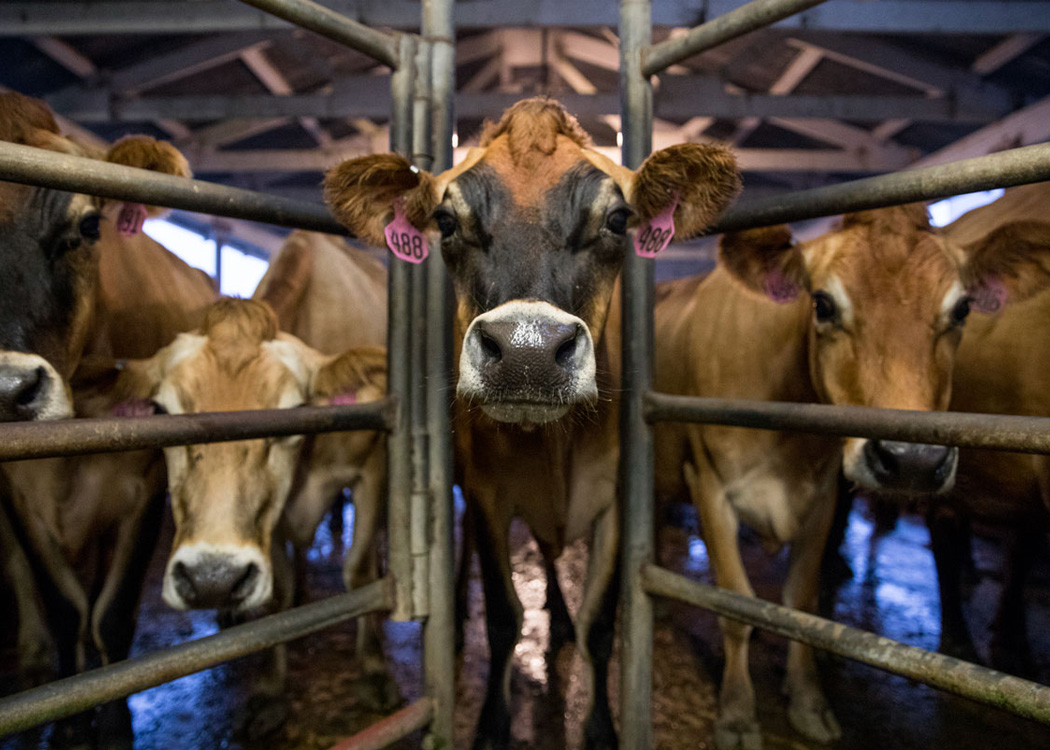ISLAMABAD: A vital agriculture recovery project jointly launched by the Government of Japan and the Food and Agriculture Organization (FAO) has successfully restored livelihoods for over 520,000 people in Sindh and Balochistan, who were severely impacted by the 2022 catastrophic floods.
Concluding with a formal ceremony at FAO’s Islamabad office, the $6.48 million emergency initiative helped rural communities resume food production, rehabilitate farmland, and rebuild livestock assets—marking a significant step toward long-term food security and disaster resilience.
Multisectoral support to rebuild food systems
Under the project:
- 14,000+ households received wheat, rice, maize, and vegetable seeds, fertilizers, and technical training
- 1,500 hectares of farmland were reclaimed and revived
- 35,000+ households benefited from animal feed, poultry kits, and veterinary services
- A livestock vaccination drive covered 629,000 animals
Special attention was given to female-headed households, providing them with livestock support and training in animal care to improve income stability and food access.
Standing with Pakistan in crisis recovery
Speaking at the closing ceremony, Japan’s Ambassador Akamatsu Shuichi reaffirmed Japan’s commitment to supporting Pakistan during emergencies.
“This project reflects our continued dedication to human security and our support for disaster-affected communities,” he said.
FAO Representative Florence Rolle emphasized the impact of the intervention on farming families still grappling with the aftermath of the floods:
“We delivered critical inputs to help rebuild not just crops and animals, but livelihoods. The project also introduced climate-resilient agriculture techniques and enhanced local capacities for food security planning.”
The initiative was executed in collaboration with the Ministry of National Food Security and Research, provincial disaster management authorities, and local NGOs, showcasing a model of coordinated humanitarian response in post-disaster recovery.





